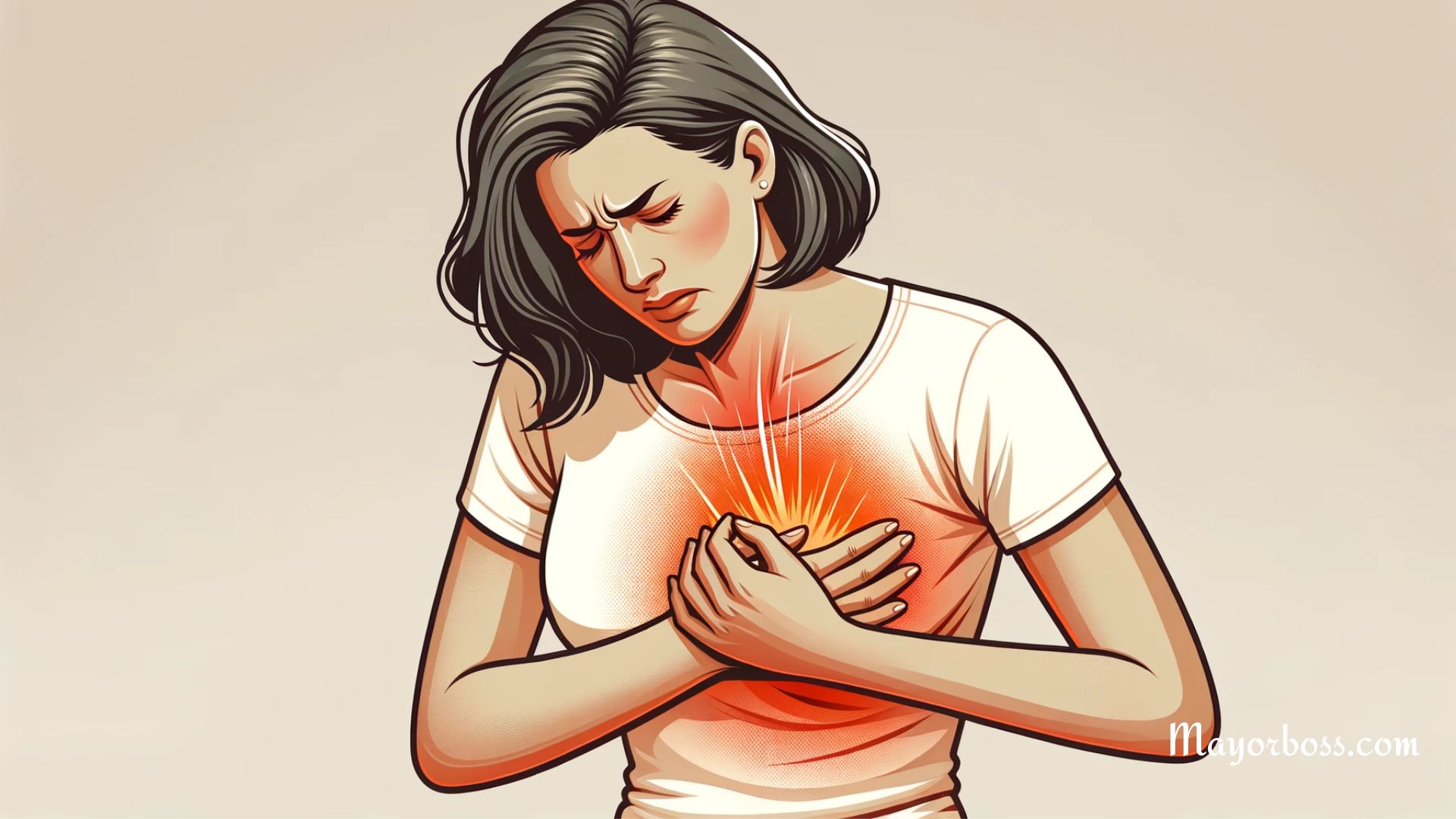Understanding Antihistamines
What Are Antihistamines?
Antihistamines are medications you can use to relieve symptoms caused by allergies. When you come into contact with something you’re allergic to, like pollen or pet dander, your body releases a chemical called histamine. This release can lead to symptoms like sneezing, itching, and a runny nose. Antihistamines work by blocking the effects of histamine, helping to ease these symptoms.
Types of Antihistamines
There are two main types of antihistamines:
- First-Generation Antihistamines: These are the older type of antihistamines, like diphenhydramine (commonly known as Benadryl). They’re effective, but they can make you sleepy because they affect your brain.
- Second-Generation Antihistamines: These are newer and include drugs like cetirizine (Zyrtec), loratadine (Claritin), and fexofenadine (Allegra). They’re less likely to make you drowsy because they don’t enter your brain as easily.
How Antihistamines Help
Allergy Relief
When you take an antihistamine, it helps reduce typical allergy symptoms, such as:
Other Uses
Besides allergies, antihistamines can also help with:
- Motion sickness
- Insomnia (mainly the first-generation antihistamines)
- Cold symptoms, although they’re not as effective for this purpose
Taking Antihistamines Safely
When to Take Them
You can take antihistamines:
- Before you’re exposed to allergens to prevent symptoms
- After exposure to alleviate symptoms
Important Considerations
Keep in mind:
- First-generation antihistamines can cause drowsiness, so be cautious about driving or operating machinery after taking them.
- Some antihistamines can interact with other medications. It’s essential to check with a healthcare provider or pharmacist, especially if you’re taking other medications.
- Overuse or misuse can lead to side effects or reduced effectiveness.
For Children
If you’re considering antihistamines for a child, it’s vital to consult a pediatrician, as the dosages and safety profiles differ for children.
Are Antihistamines Right for You?
Antihistamines are generally safe and effective for most individuals. However, if you have certain health conditions, like glaucoma, enlarged prostate, high blood pressure, or heart disease, you should talk to your healthcare provider before taking them.

To sum up, antihistamines are a helpful tool in managing allergies and other conditions. They come in different forms and generations, each with its benefits and considerations. Always use them responsibly and consult healthcare professionals if you have any concerns or health conditions that might be affected by their use.






